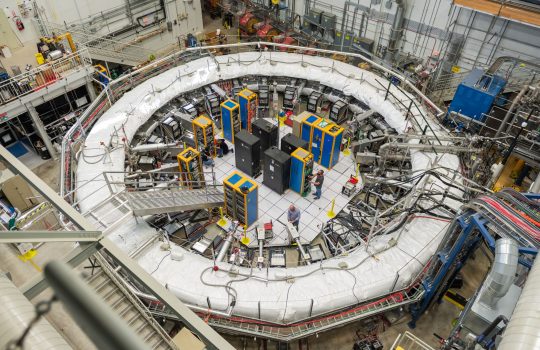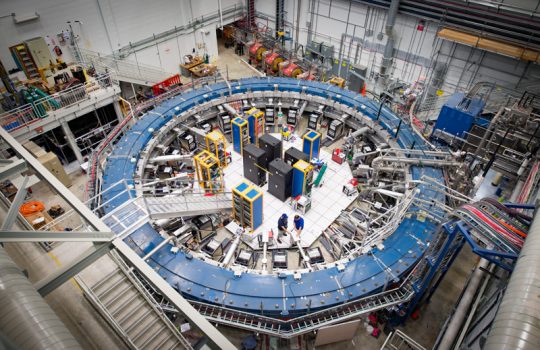The strange behavior of a subatomic particle could shake up physics
From RTS (Swiss Broadcasting Corporation), Sept. 7, 2023: Fermilab’s August 10 announcement indicated the muon does not behave as theory predicts. Professor Tobias Golling, from the particle physics department at the University of Geneva, explains in a video that there are two possibilities to explain the observed discrepancy.


